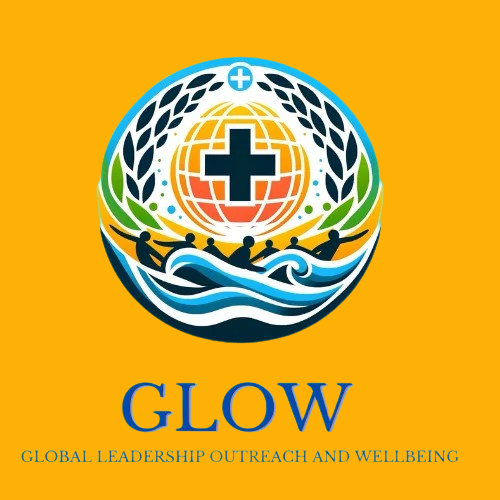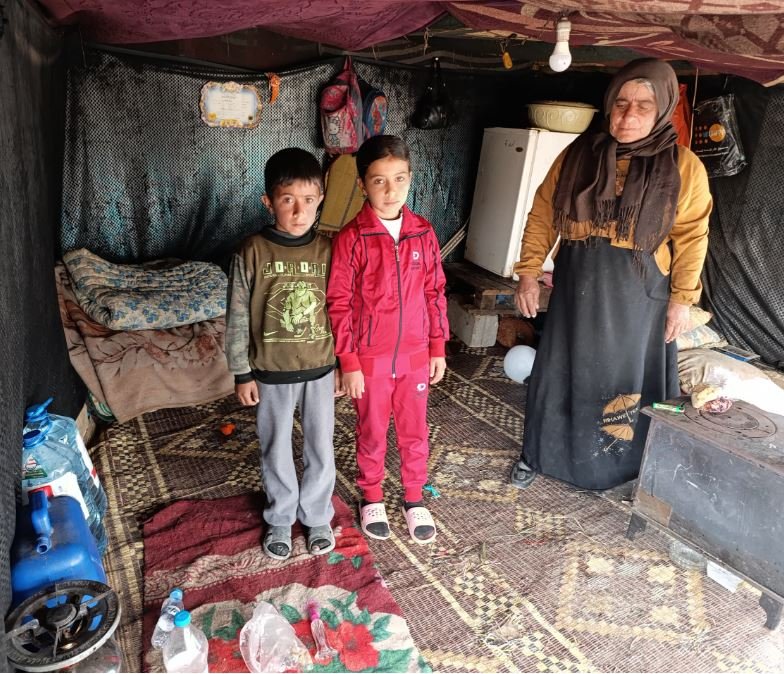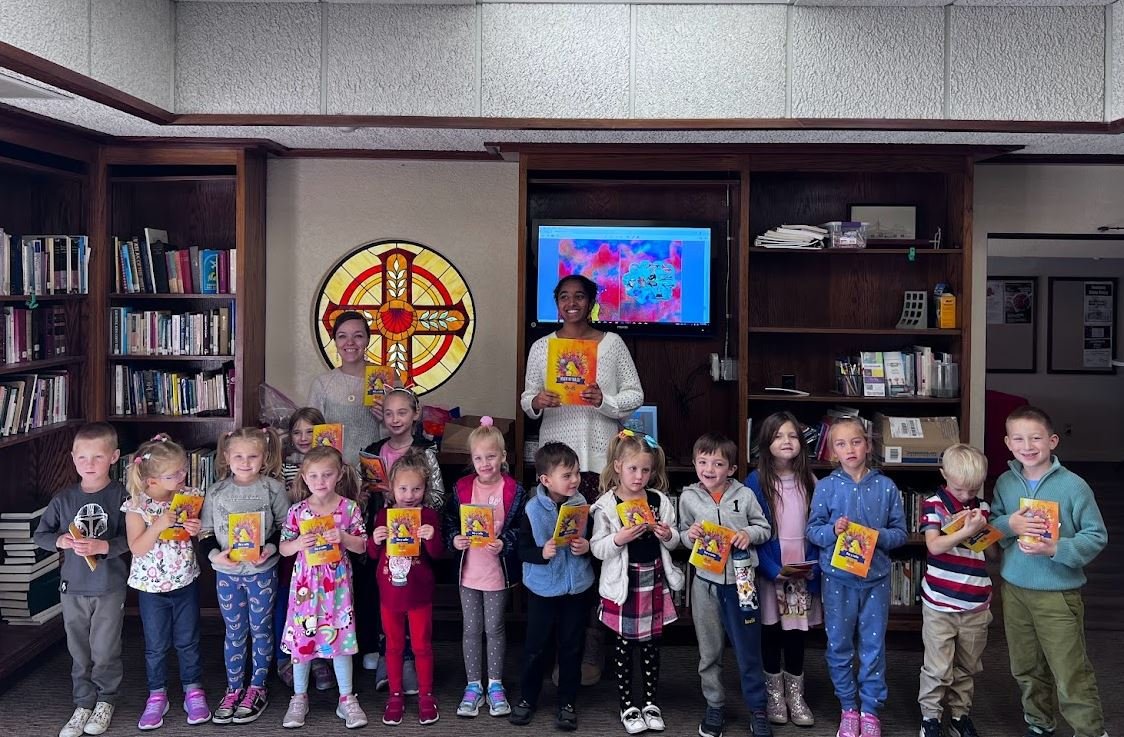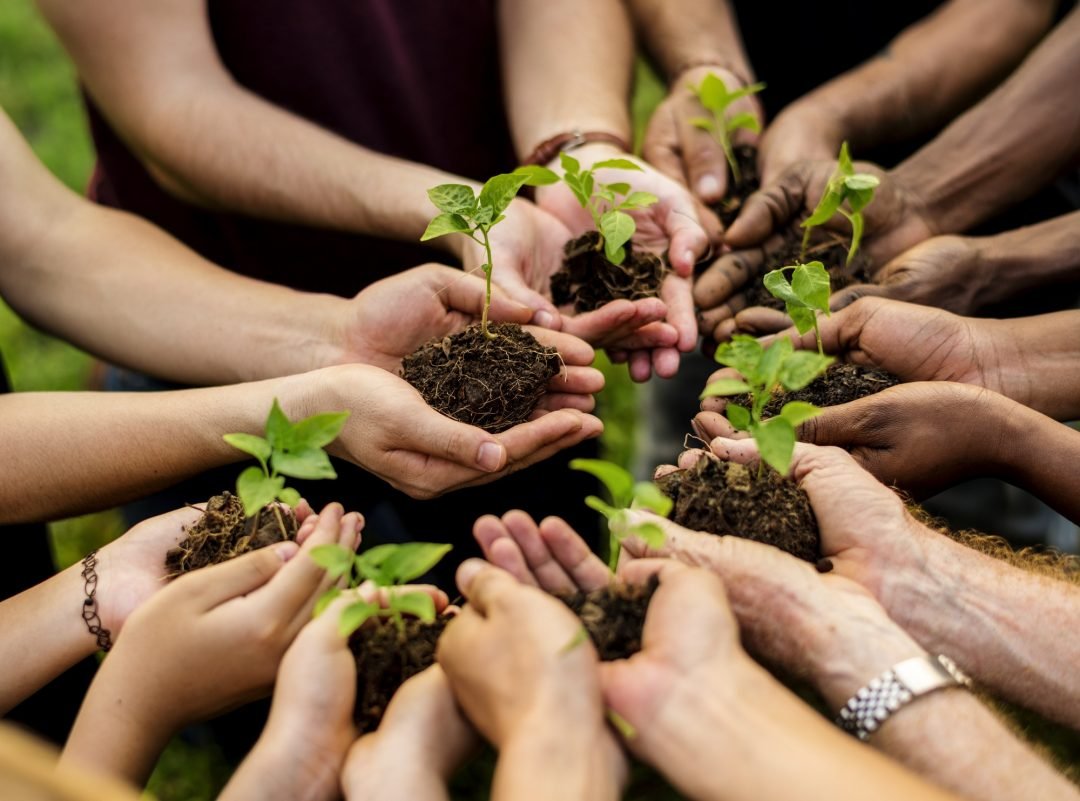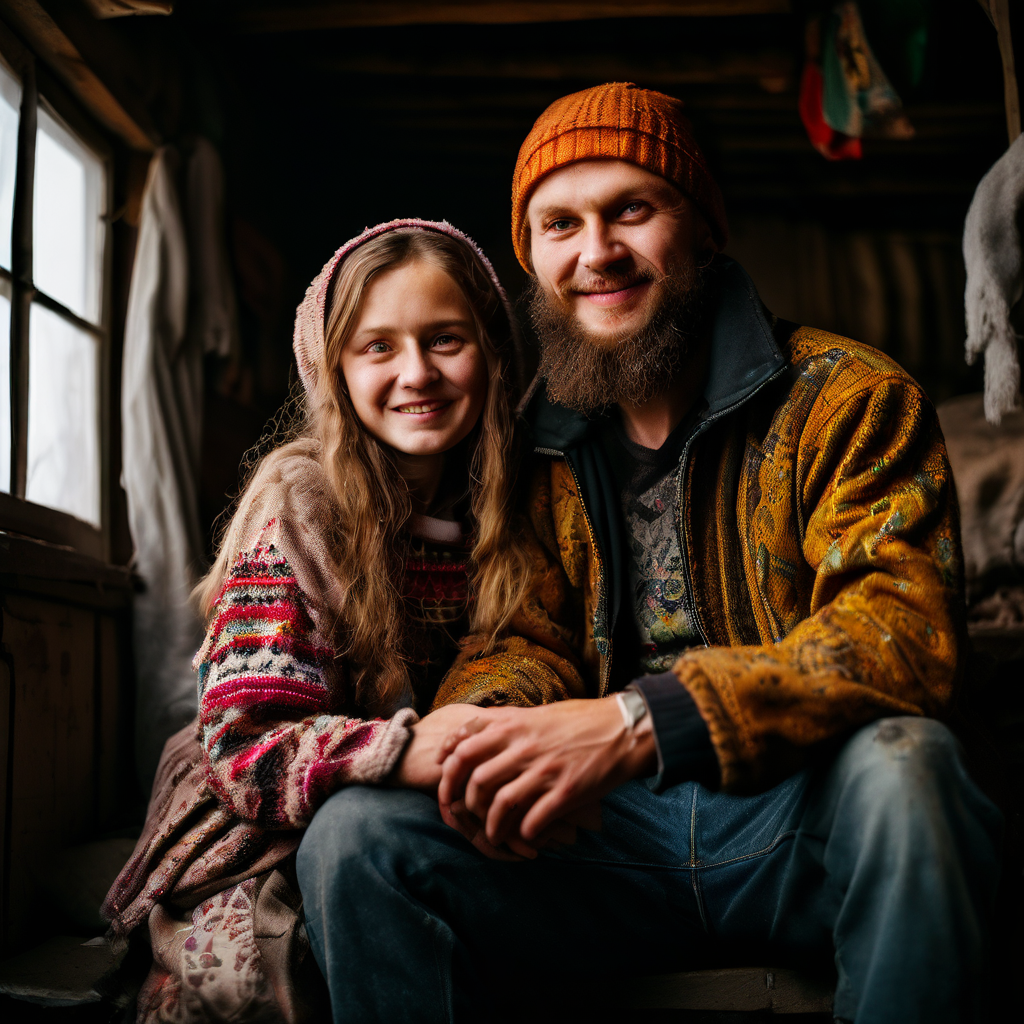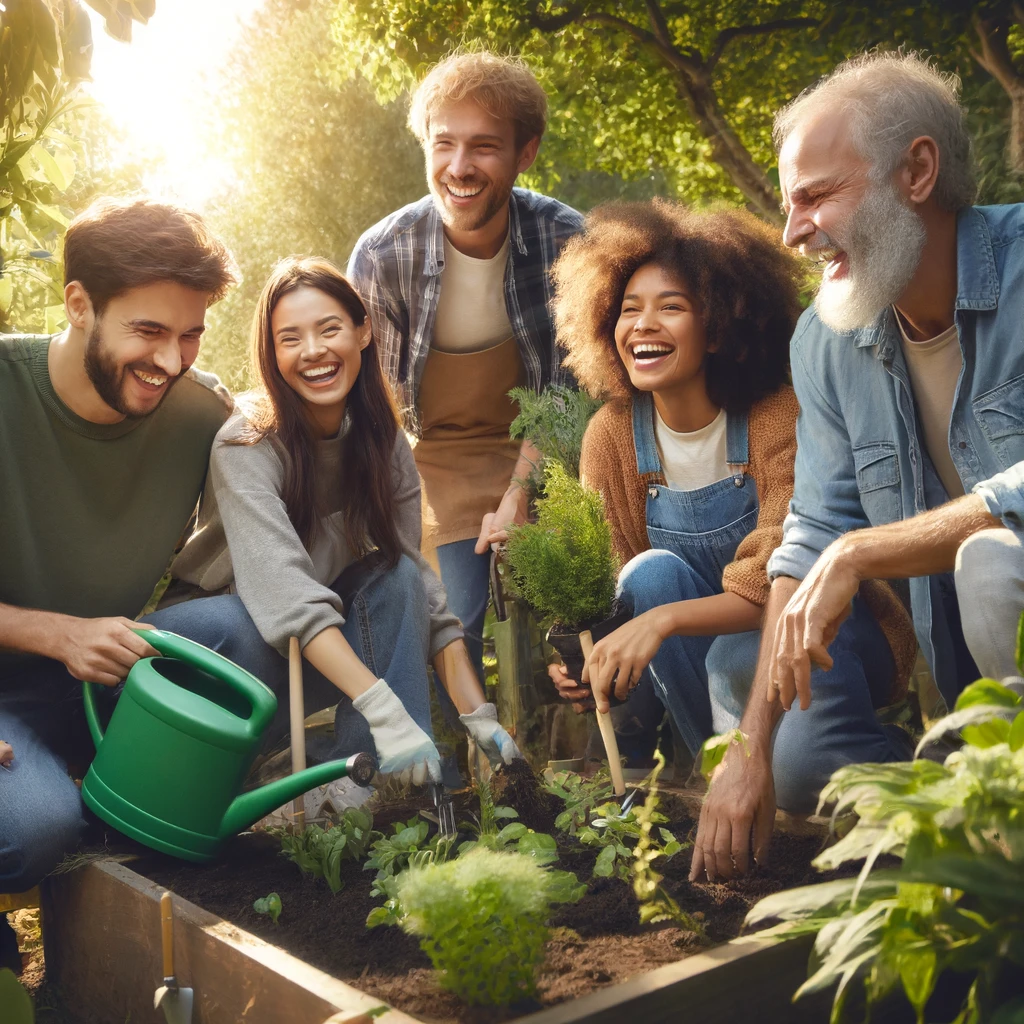In the harsh mountains of Arsal, where the biting cold freezes more than just the land, a woman named Nour lights a fire of hope for hundreds of refugees. Her story is not just one of leadership but of resilience in the face of unimaginable challenges. I recently had the privilege of sitting down with her to discuss the work of the Hope Team and Dar Al Amal, the center she founded for orphaned children, offering a rare glimpse into the heart of one of the most vital grassroots efforts in Lebanon.
Nour’s journey began in 2018, not with grand plans, but with a simple visit to a refugee woman, blinded by a treatable condition—glaucoma. “Big organizations like the UNHCR weren’t able to do anything. So, we did it ourselves,” Nour tells me. Through local fundraising, she and her friends managed to raise enough money for the woman to regain her sight. This was the beginning of the Hope Team.
Since then, Nour and her team have faced political barriers, lack of resources, and the overwhelming needs of a refugee community that often feels forgotten by the world. Yet, despite these challenges, her leadership has empowered refugees to dream again. Dar Al Amal, which translates to “Home of Hope,” now shelters 225 children, providing them with not only physical sustenance but emotional and educational support.
Adding to the daily challenges, the ongoing conflict in Lebanon has intensified the struggles of refugees in Arsal. Located near the Syrian border, Arsal is perilously close to the violence, with the sounds of distant gunfire and shelling occasionally echoing through the mountains. “The war is never far,” Nour says, noting how this constant threat deepens the refugees’ fear and uncertainty. Many fled the war in Syria only to find themselves living in the shadow of another conflict. “They left one war, only to face the threat of another,” she explains, highlighting how political instability has made access to aid even more difficult for these vulnerable communities.
The most pressing challenge, she reveals, is not just providing basic necessities like food, water, and heating oil—though these are critical—but combating the isolation and despair that permeates the camps. “During winter, the temperature drops below zero, and families are left to burn rubbish to stay warm,” Nour explains. This image of children huddled in freezing tents, with no access to proper heating, stays with me.
As I listened to Nour recount these stories, I couldn’t help but reflect on the magnitude of the challenges she and the refugees face daily. It made me reconsider how often those of us living far removed from these circumstances overlook the harsh reality of survival for millions of displaced people. Nour’s unwavering determination to provide not just shelter but emotional healing through art and education left a profound impact on me. Her belief in the children’s future despite the difficulties inspired me to think about how we can do more, how I can do more. I realized that hope isn’t passive—it’s a force, and it’s something that requires active nurturing, just like Nour does every day.
Despite these conditions, Nour emphasizes the importance of emotional well-being for the children under her care. “We focus on creating a safe space where they feel seen and valued,” she says. This isn’t just about surviving—it’s about instilling hope in children who have seen their homes destroyed and their futures taken away. It’s about teaching them that they matter.
This past summer, GLOW: Global Leadership, Outreach, and Well-being Inc., the nonprofit I founded, also hosted a Believe in Yourself workshop at Dar Al Amal. We used storytelling and art to help the children connect with their inner strength, a concept deeply embedded in our program. When I asked Nour about the workshop’s impact, she smiled. “The children enjoyed it so much. Until today, they talk about the workshop and the animals in the story. They expressed their ideas and their feelings through the colors and the interaction. It was a reminder that, with the right guidance, their dreams can flourish,” she said. For Nour, the workshop was not just an activity but a powerful tool for reinforcing the children’s potential. “Workshops like Believe in Yourself are crucial for helping them see a brighter future,” she said. “It helps them put their goals in focus, to think about what they want to be.”
When asked about one of the most memorable experiences from her work, Nour tells the story of Naza, a Syrian woman who had lost her husband in prison and was caring for her paralyzed father and three children in a small tent. Despite the hardships, Nour and her team provided her with food and eventually a job at the school. “She was so proud to be able to support her family,” Nour recalls, her voice softening with emotion. Sadly, Naza passed away from a stroke a year later, but not before experiencing a small slice of dignity and independence.
In moments like this, Nour’s leadership shines—not because she has all the answers, but because she is willing to keep fighting, even when the challenges seem insurmountable. Her approach is deeply rooted in empathy, forged in the fires of her own survival through the Syrian war. “I’ve seen bombs fall, and I’ve lost people. But I know the power of hope. That’s what drives me,” she reflects.
For refugees in Arsal, the future remains uncertain. Many still lack legal papers, living in fear of deportation back to Syria. Even access to proper education is a challenge, with children often placed in overcrowded, poorly funded afternoon schools. “It’s so hard to watch the children struggle to learn, knowing that many won’t even finish school because they can’t afford transportation,” she says. And yet, even in the face of these obstacles, Nour dreams of expanding Hope Team’s activities to include healthcare, vocational training, and mental health support.
One initiative particularly close to her heart is the idea of a mobile van—a moving hub that would bring education, art, and emotional support directly to the camps. “So many children isolate themselves in their tents. They don’t play or interact. There’s no park, no place for them to just be kids,” Nour explains. A mobile van, she believes, would be a small step toward restoring childhood to these young lives, offering them the tools to dream beyond their current circumstances.
But what strikes me most about Nour’s story is not just the immense challenges she faces, but her unwavering belief in the power of community. She speaks with gratitude about the partnerships her team has formed with small NGOs and local Lebanese charities, and about the international advocates who have stood by her side. These relationships have been crucial in allowing her to navigate the political and logistical barriers that often seem insurmountable.
And then there is the global community—you and me. “People often think they can’t do much to help, but they can,” Nour insists. Small donations, sharing stories on social media, volunteering—it all makes a difference. The message she wants to send to the world is clear: don’t underestimate the power of collective action.
Reflecting on my conversation with Nour, I am struck by the profound humanity that underpins her leadership. In a world that often feels divided, she reminds us that hope is a force stronger than any border or political barrier. Her work in Arsal is proof that even in the darkest circumstances, a single spark of empathy can grow into a beacon of change.
If you are moved by Nour’s story and would like to support the efforts of the Hope Team or GLOW, there are many ways to get involved. Donations, sharing these stories on social media, or volunteering can all make a significant difference in the lives of refugees. You can help provide not just survival, but the tools for refugees to thrive. For more information or to support, donate directly to Hope Team at https://rrym.uk/donate/ and visit us at https://glowaction.org/
After all, as Nour says, “Hope is what keeps us going. And as long as we have that, we can build a better future.”
